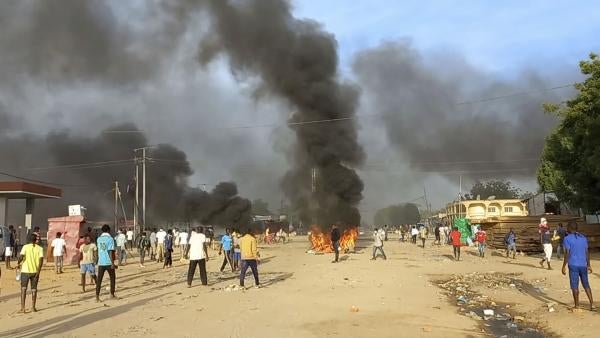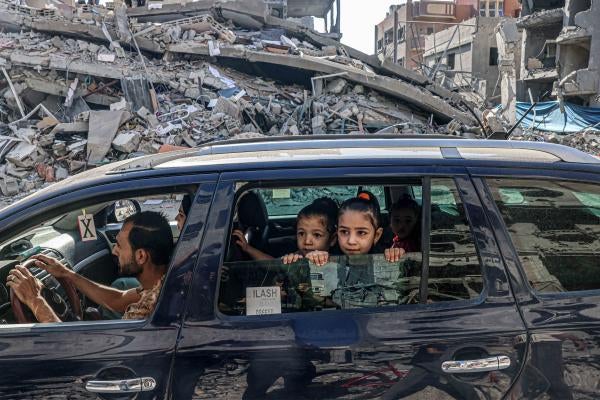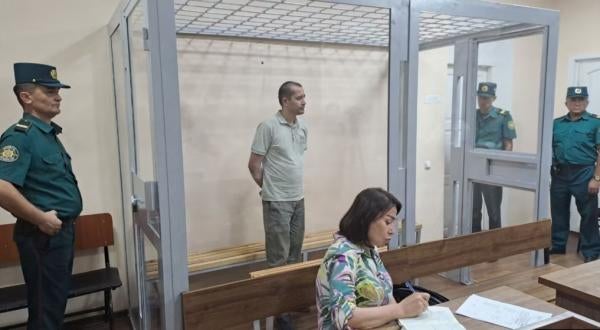Lire la version en français / Lea la versión en español
While Andrew is away, different members of the Daily Brief team will take over and keep you informed about the latest human rights news. Today's edition is authored by Alice Autin.
One day in October 2022, Theodore Diontilo was asleep at his home, following massive protests in Ndjamena, Chad. Then military stormed his compound, accused him of being a member of an opposition party, and detained him. His family searched for him for days, before finding his body at a local morgue. They still don’t know what happened to him.
What we do know is Diontilo’s story is one among many that happened during the terrible crackdown in Chad’s capital city one year ago.
On October 20, Chadian security forces shot protesters, killing and injuring scores. Similar to Diontilo, they beat and chased people into their homes. Those arrested were taken to a remote high security prison, Koro Toro. Some died on the way; those who made it suffered abuse and were released or pardoned after months.
The full toll of the violence from what is now known as “Black Thursday” (Jeudi Noir) remains unclear. What is clear is that this violence was disproportionate and unjustified.
Yet, a year later, victims still await justice for what happened. Chadian authorities haven’t carried out prompt, effective, and independent criminal investigations into these serious violations.
Instead, Chadian military authorities continue to close the political space and limit dissent. Dozens of opposition members have been detained in the past two weeks as the country is set to vote on an important constitutional referendum in the coming months.
Chadian authorities find themselves at a crossroads. And as my colleague Carine Kaneza Nantulya puts it, one year on, Chad should choose the path of respect for fundamental right and justice. It all begins with shedding light on what happened on October 2022’s “Black Thursday”, prosecuting those responsible for abuses, letting opposition party members and protesters speak out, and ensuring Chadians are able and allowed to hear them.







